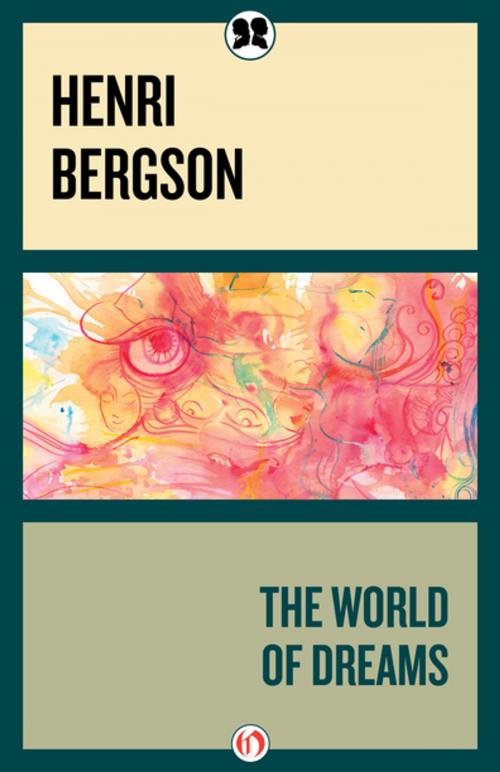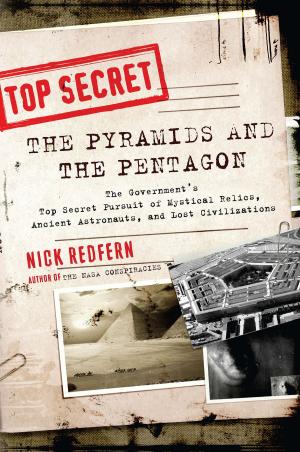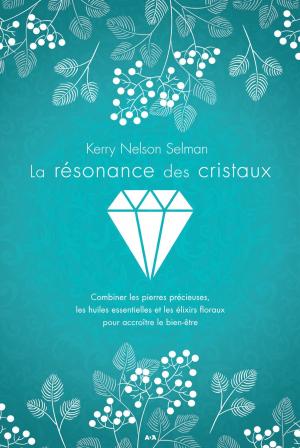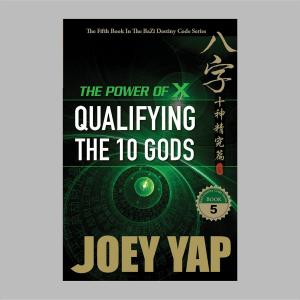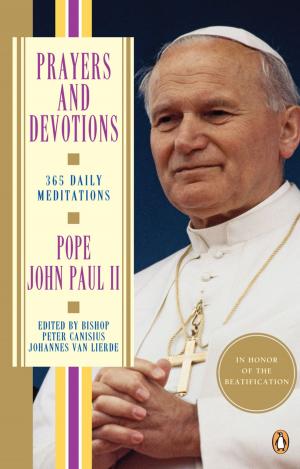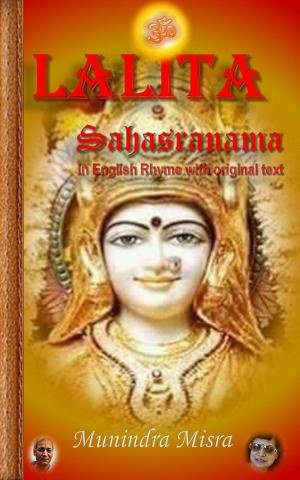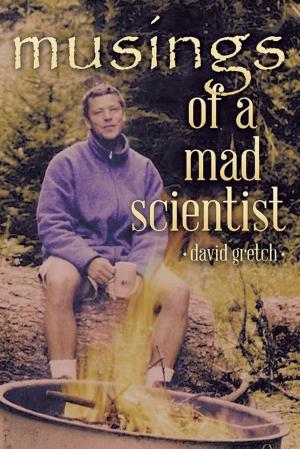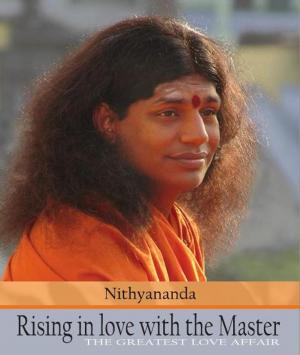| Author: | Henri Bergson | ISBN: | 9781497675674 |
| Publisher: | Philosophical Library/Open Road | Publication: | November 4, 2014 |
| Imprint: | Philosophical Library/Open Road | Language: | English |
| Author: | Henri Bergson |
| ISBN: | 9781497675674 |
| Publisher: | Philosophical Library/Open Road |
| Publication: | November 4, 2014 |
| Imprint: | Philosophical Library/Open Road |
| Language: | English |
Bergson incorporated the best of contemporary thinking in all his works. These thinkers included A. Krauss, Delage, Freud, and W. Robert. Bergson talks about how our sensory organs (eyes) are involved in dreams so that we think we perceive something but when we open our eyes it vanishes. This book is not a dictionary of dreams but a stunning example of how dreams work and function. Henri-Louis Bergson was a major French philosopher, influential in the first half of the 20th century. One of Bergson’s main problems is to think of novelty as pure creation, instead of as the unraveling of a predetermined program. His is a philosophy of pure mobility, unforeseeable novelty, creativity and freedom, which can thus be characterized as a process philosophy. It touches upon such topics as time and identity, free will, perception, change, memory, consciousness, language, the foundation of mathematics and the limits of reason.
Bergson incorporated the best of contemporary thinking in all his works. These thinkers included A. Krauss, Delage, Freud, and W. Robert. Bergson talks about how our sensory organs (eyes) are involved in dreams so that we think we perceive something but when we open our eyes it vanishes. This book is not a dictionary of dreams but a stunning example of how dreams work and function. Henri-Louis Bergson was a major French philosopher, influential in the first half of the 20th century. One of Bergson’s main problems is to think of novelty as pure creation, instead of as the unraveling of a predetermined program. His is a philosophy of pure mobility, unforeseeable novelty, creativity and freedom, which can thus be characterized as a process philosophy. It touches upon such topics as time and identity, free will, perception, change, memory, consciousness, language, the foundation of mathematics and the limits of reason.
